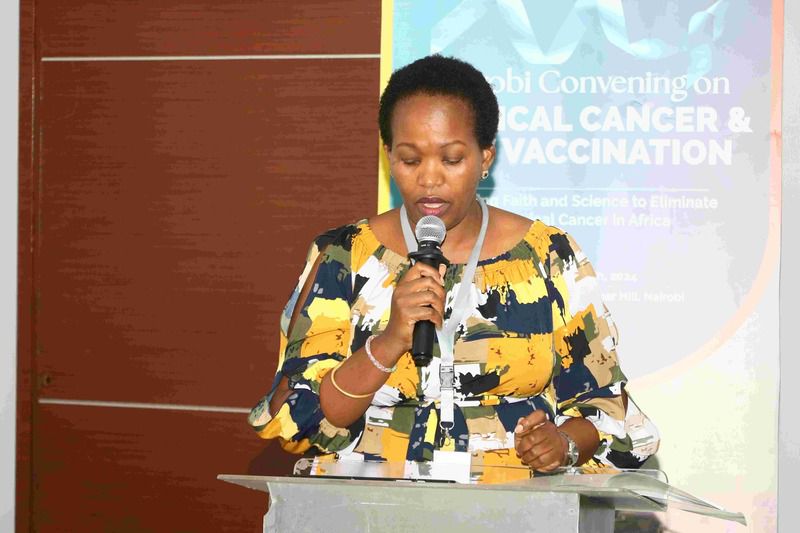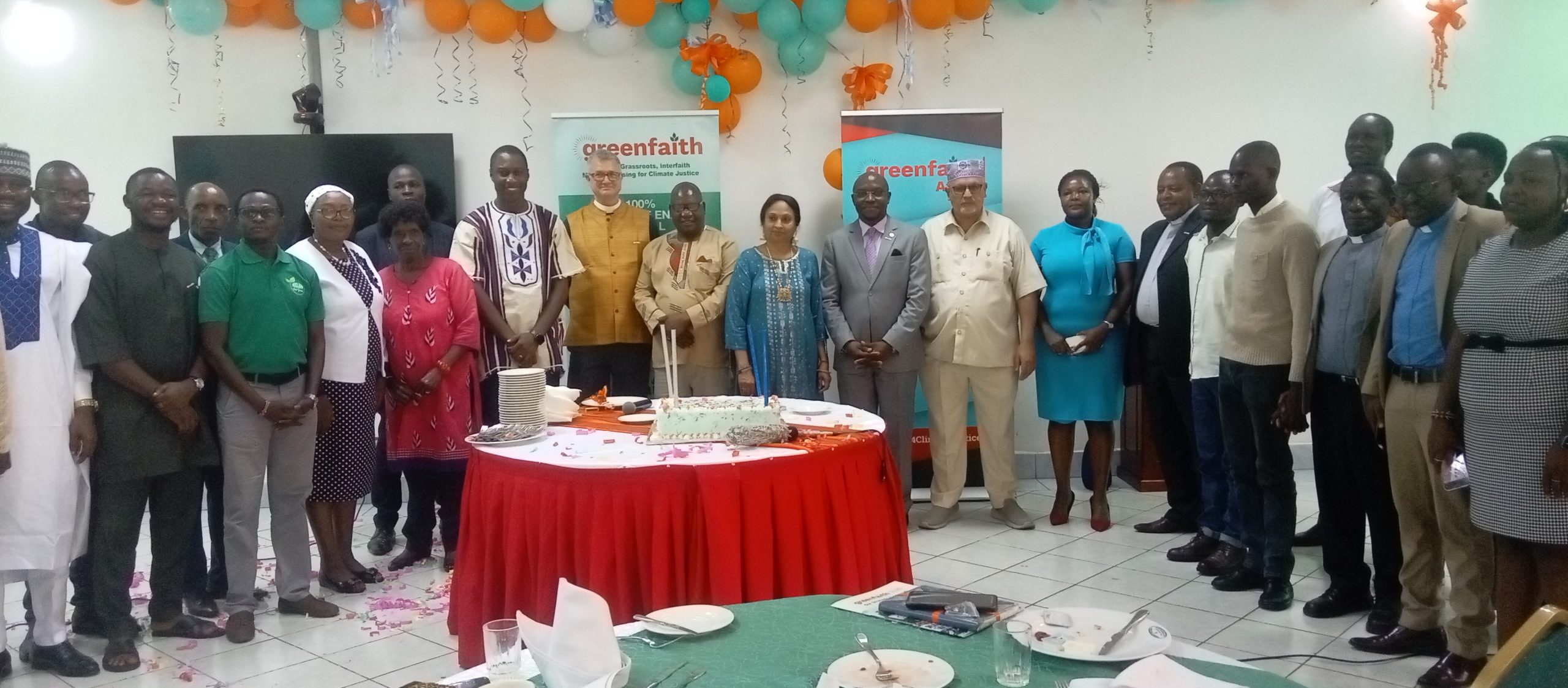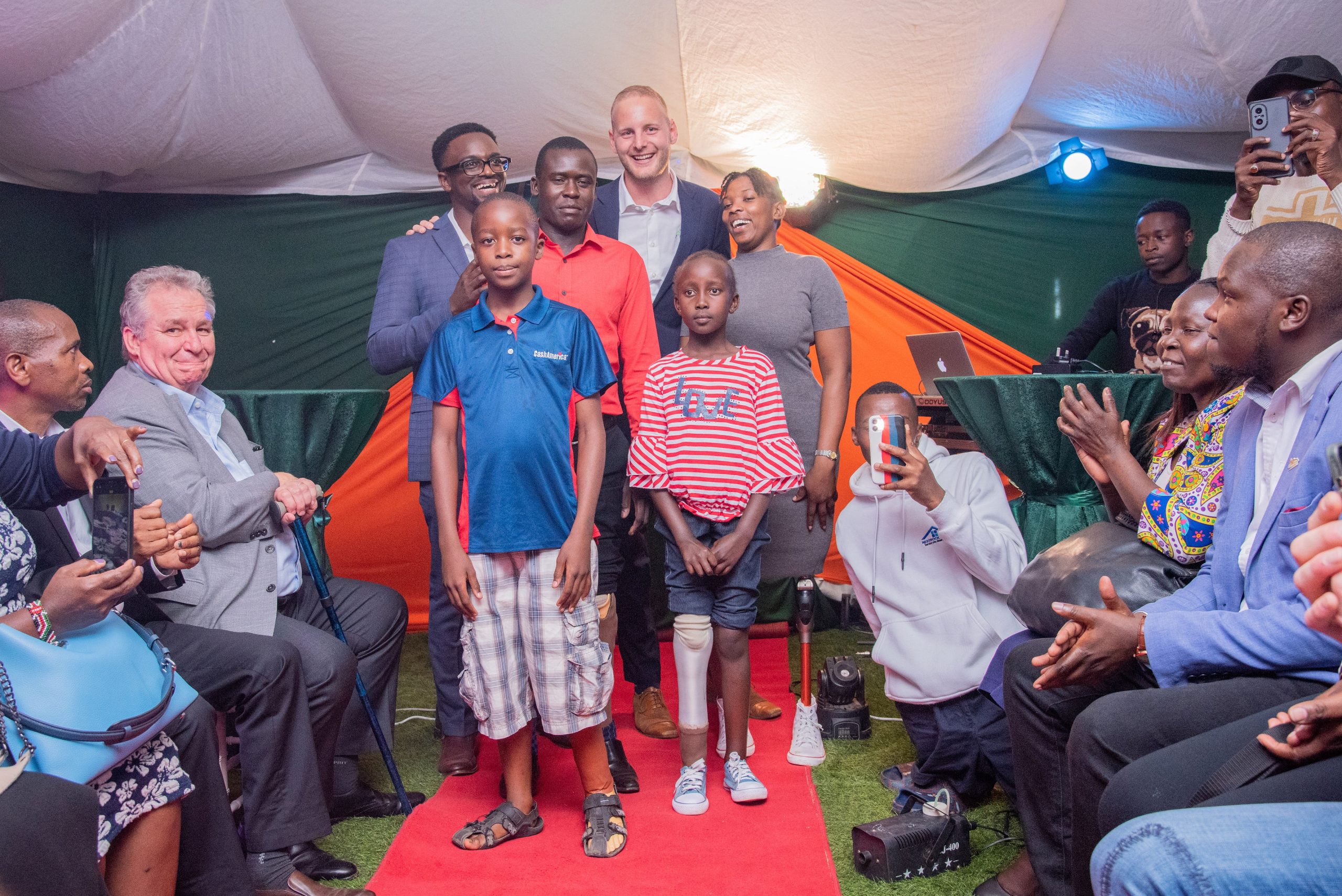By Eddah Waithaka
Cervical cancer is a unique disease with known causes and preventable tools, making it a target for elimination by governments around the world. With a commitment to reach the WHO 90:70:90 targets by 2030, Africa is taking steps towards a cervical cancer-free continent, benefiting most from increased vaccination and screening efforts.
From 11-13 June, participants in the Nairobi Cervical Cancer Elimination and HPV Vaccination Convening, representing a diverse group of faith leaders, health professionals and experts, health and community advocates, and policy makers, convened in Nairobi under the theme “Uniting Faith and Science against Cervical Cancer”.
The meeting aimed to address the urgent need to increase awareness of and access to HPV vaccination and screening services, particularly in low-resource settings where cervical cancer mortality rates are disproportionately high. Participants discussed strategies to improve collaboration between faith communities, health care providers, and policymakers to ensure that all receive a call to action for governments, organizations, and individuals to prioritize cervical cancer elimination efforts and sustained commitment.
Approximately 126,000 new cases and 81,000 deaths annually (Globocan) of African women suffer in pain as cervical cancer is recognized as a devastating impact.
In a press statement released on 13th June, the group said that they are dedicated to supporting the implementation of the current multi-faceted strategies across the life course that emphasizes the critical components of behavioral change communication, HPV vaccination (our youth), HPV screening (our women),
treatment, palliative care and survivorship (our patients).
“Acknowledging the current underutilization of these health services due to various cultural, logistical, and informational barriers, emphasizing the powerful influence of faith leaders and communities in shaping health behaviors and decisions, celebrating the collaborative spirit of this convening, which brought together a wide
range of stakeholders to address the scourge of cervical cancer through dialogue and partnership,” the press statement read.
Discussions highlighted the urgent need to enhance access to treatment protocols for pre-cervical and cervical cancer. This includes upgrading local health facilities, offering continuous training to healthcare professionals, and ensuring the availability of essential medical supplies and equipment.
Policy engagement and advocacy were also key outcomes.
Also Read: https://switchmedianews.wordpress.com/2024/06/10/the-property-developers-welfare-society-agree-with-president-rutos-directive-to-constructing-houses-near-the-eastleigh-airbase/
Benda Kithaka, Executive Director and Founder of KILELE Health Association, stressed the importance of raising awareness about cervical cancer and its prevention to ensure that Africa meets the WHO target of 2030.

“WHO advocates for 90 per cent of girls to be vaccinated with the HPV vaccine by age 15, 70 per cent of women screened with a high-quality test by ages 35 and 45, and 90 per cent of women with cervical disease receiving treatment,” said Madam Kithaka.
WHO also states that cervical cancer can be cured if diagnosed and treated at an early stage.
Recognising symptoms and seeking medical advice to address any concerns is an important step. Women should see a healthcare professional regularly to ensure timely detection and treatment.
At the end of the convening, participants decided to maintain the momentum generated during the Convening through regular follow-up meetings and communication between all stakeholders.
These outcomes reflect a comprehensive and collaborative approach to combating cervical cancer in Africa, aiming for increased HPV vaccination rates, enhanced screening, robust treatment protocols, and effective public health strategies.






